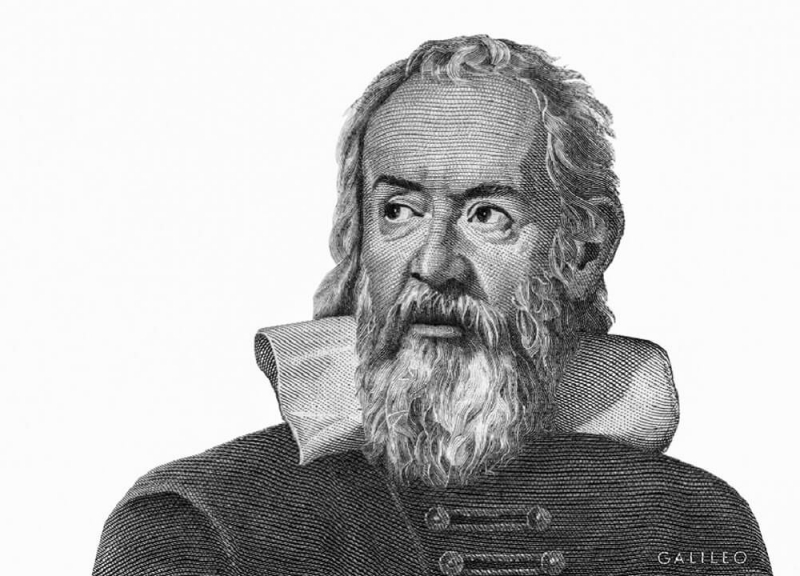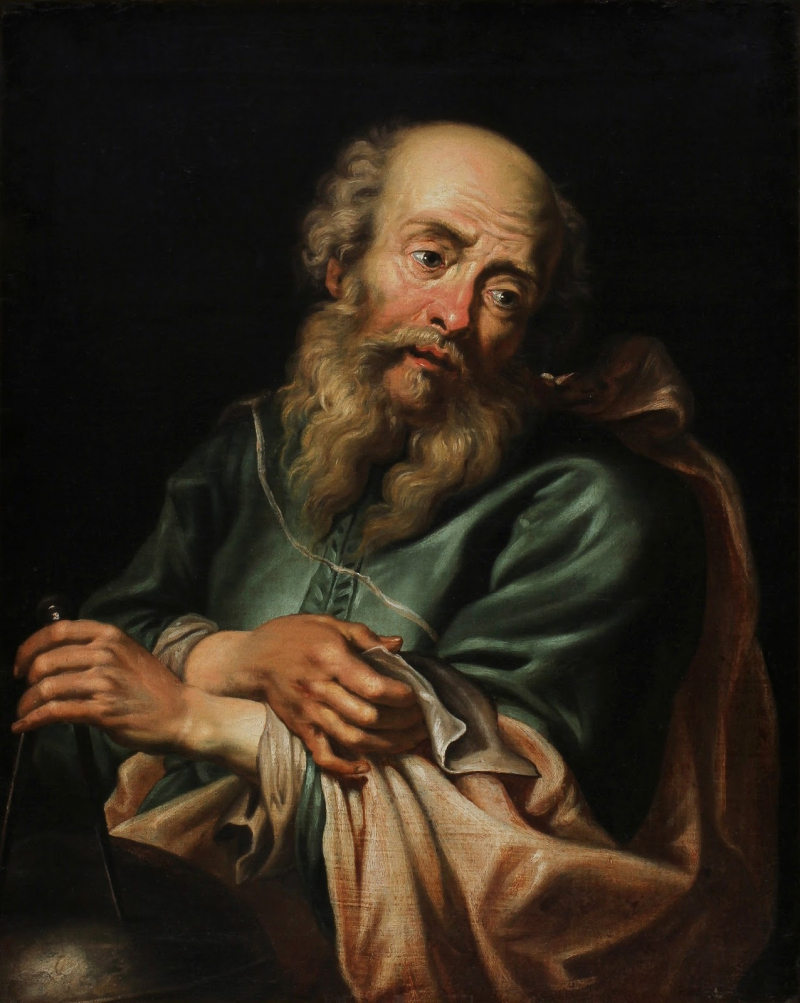He became blind
One of the interesting facts about Galileo Galilei is that he was blind. While imprisoned for months in his home near Florence, Galileo continued to work and write, and during this time, his vision started to become foggy. Galileo entirely lost his sight when he was in his seventies. People once thought that his views of the sun which may injure our eyes if we look straight at it were the reason he became blind. However, an in-depth investigation has shown that this might not be the case.
Galileo fought systemic diseases all of his life. Hemorrhoids, arrhythmias, kidney stones, and rheumatism all have symptoms listed in Galileo's records. His portrait by Ottavio Leoni from 1624 has led some academics to speculate that he also had eye conditions. Galileo's eyes appear unequal in the portrait, which explains why.
The most widely accepted diagnoses for his eyesight today are chronic glaucoma or complicated cataracts, but Galileo is still being researched by many scientists. One thing is certain, though, and it's not just me stating it: Galileo is to be credited for much of the scientific information we currently possess. Before I did, Albert Einstein said the same thing.










